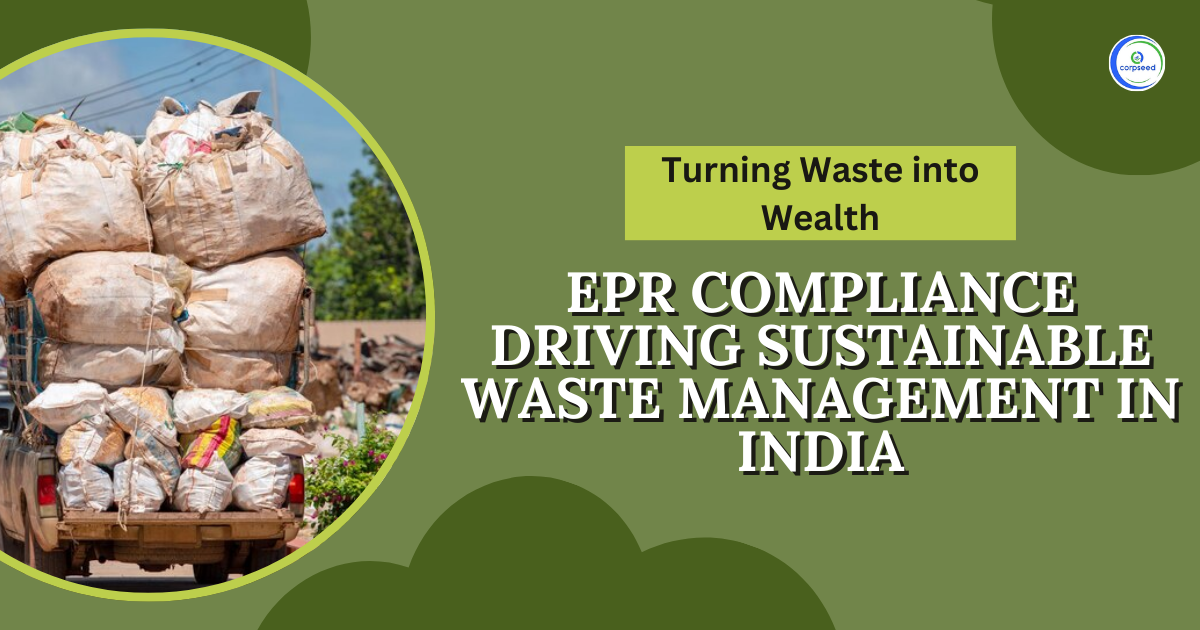Introduction: E-Waste Recyclers and Dismantlers
The E-waste management system is the prominent focus of various Public and private entities looking at the huge increment in the use of electronic gadgets, the Indian government has initiated several initiatives throughout the Nation, such as Clean India and Smart Cities Mission, Digital India, etc. through the government focus and promotion the generality get the idea of E-waste Management process. There are millions of tons of electronic waste Worldwide. October 14 is celebrated as E-waste day throughout the world to bring awareness to proper disposal of and promotion of reuse, recycling, and recovery rates. As per the current estimates, India is the 5th largest Manufacturer of E-waste in the World. As per recent research, there will be more
Table of Contents
- Introduction: E-Waste Recyclers and Dismantlers
- Brief History of E-waste registration
- RoHS India for E-waste registration
- WEEE India for E-waste Registration
- Recent Amendments for E-waste units
- What are the E-waste Recycling Products?
- What are the Benefits of the E-waste Recycling
- Registration under E-waste Management Rules, 2016
- Documents Required for Registration
- Validity of Registration
- Cancellation of Registration
- Appeal
- Conclusion
--------------Blog Contact Form-------------
Brief History of E-waste registration
If we talk about the recycling of electronic gadgets, the Mobiles which are prominent in use by every individual, are equipped with several costly natural resources such as Gold, silver, and other recyclable components, these products are discarded or processed through incineration, landfills are, after being useless. India is a member of the WEEE Forum which stands for Waste Electrical and Electronic Equipment, it enforces responsibilities upon businesses selling electrical and electronic equipment (EEE). therefore the Retailers, Producers, Distributors, manufacturers, and importers, shall take into account the WEEE directive. The RoHS & WEEE come under single regulation and the WEEE came into force on May 1st, 2012, and the RoHS obligation applies from May 12th, 2013. It imposes restrictions on electronic equipment regulations.
RoHS India for E-waste registration
RoHS was firstly implemented in May 2014 in India, which restricts the 6 substances under RoHS, In India, the directive for WEEE and RoHS are combined into a single regulation, RoHS India has different product categories for the products that are exempted and products that are in scope, these are:
Exempted Products are:
- Products that are for National Defence and Security;
- Products that don’t have electricity as the primary source of power;
- Products that primarily function without electricity;
- Assembly of products of Exempted categories;
- Products that are for business services and Small Manufacturing units as defined under the Medium, Small, and Medium Enterprises Development Act, 2006.
In scope Products are:
- Air Conditioning (AC) units, Refrigerators, TV, and other Products except for Calculators, Printer Cartridges, Collecting equipment, Processing & Storing devices, or electronic transmission of information.
- As India has an exception of use categories that are similar to European Union RoHS, including Mercury and Cadmium. However, to date, the penalties for noncompliance have not been clarified.
WEEE India for E-waste Registration
The Global Organisation for the collection of e-waste, the WEEE is an international organization and presents the responsibility to Producers across the globe. Its subsidiary body that is Producer Responsibility Organisation (PRO) has been authorized with the operation of e-waste management, cost-effectiveness, competencies, and general mass awareness. It plays an important role including handles, transporting, collecting, and recycling on behalf of the producer. PRO registration is the formal authorization process in India. The PRO makes sure that the regulations which apply to industries have complied with the best Waste management plans.
However, as per the recent update, the CPCB has registered only around 80 PROs and nearly 500 Dismantlers having a million tonnes of recycling capacity in total.
Recent Amendments for E-waste units
The recent update of the Ministry of Environment, Forest & Climate Change is E-waste Management) Rules, 2022 has the provision to eliminate the PROs and Dismantlers and the responsibility are transferred to the Recycling Companies (Authorised by Pollution Control Board) which are very less in India. The Categories of E-waste have been increased from 21 to 95.
Additionally, the Ministry of Environment, Forestry, and Climate Change has made a guideline to stop stubble burning. the Minister released these CPCB Guidelines in order to encourage the building of factories for the torrefaction and pelletization of paddy straw,
What are the E-waste Recycling Products?
Through the recycling process, the old disposable and useless, electronic, IT products of the consumers have to be kept in mind, such products are non-usable or sellable in the market, E-waste includes:
- Screen, Monitors, and other such equipment;
- Electronic devices, lamps,
- Small IT and Telecommunication equipment;
- Temperature maintenance equipment;
- Computer hardware devices
- Monitor, Keyboard, TV, LCD, Phone, semiconductor, etc.
- Service security devices;
- Digital cameras;
- Fax, telephone, etc,
- Cables and wires;
- Audio and video devices;
- Batteries and related equipment;
- Air Conditioner, air cleaners, etc;
- Home & Kitchen appliances;
- Beauty products devices and accessories
There are total 95 categories of e-waste added by the CPCB through the recent amendment.
What are the Benefits of the E-waste Recycling
Today, our mindset and environment are surrounded by E-waste. There is no human being living in cities and prominent villages who don't use an electronic device, be it TV, Mobile, Telephone, Eclectic equipment, etc. The use of electronic devices has increased vehemently in the last few years, which catches the attention of the government Businessmen and Environment Protectionists for the reuse and recycling of Electronic devices. There is a potential danger to human life and habitat in the environment through the misuse of electronic devices and non-treatment of them properly, the electronic garbage covers a lot of space on the earth. Are you ready to be a prominent player in E-waste management? Let's see the benefits of E-waste Recycling ;
- Environmental Protection
The Electric equipment contains toxic chemicals and materials which are harmful to the habitats and environment. The impact of these products on the environment goes worse with time, so the timely disposal of or recycling is the only way to save the environment.
- Conservation of natural resources
Electronic equipment is made up of some of the very rare such materials that go through cumbersome Industrial Manufacturing procedures, the end product that we receive takes lots of energy and natural resources in its manufacturing process. Through the recycling process, the products can be regained and reused in the manufacturing of the new products which would be easy and have less harm to the environment and will be low in price and minimizes the use of raw materials in the manufacturing process.
- Minimizes the Landfill spaces
The Electronic products that are in use occupy huge space and after being disposed of, the dead materials and electronic components create a heap of garbage.. Recycling and reuse and Dismantling is the only way to minimize wastage and garbage accumulation.
Registration under E-waste Management Rules, 2016
The Ministry of Environment, Forest & Climate Change has brought recent amendments through which the registration process of all the Stakeholders that are PROs, Producers, Dismantlers, Recyclers, Refurbishers, Manufacturers and Bulk-consumers, EPR Authorization, Registration of - Service providers, PRO-registration will be done through the online process. Additionally, the EPR registration of Producers is mandatory,
It is a responsibility that all Stakeholders involved, including producers, PROs, recyclers, dismantlers, and refurbishers, register on the EPR system. Producers, PROs, dismantlers, recyclers, and refurbishers all contribute to transporters and collecting points/centers to this system.
"Producer" refers to anyone who, regardless of the sales method employed, such as a dealer, retailer, e-retailer, etc. who manufactures and offers to sell electrical and electronic equipment and their components, consumables, parts, or spares under its own brand; or offers to sell assembled electrical and electronic equipment and their components, consumables, parts, or spares produced by other manufacturers or suppliers under its own brand; or offers to sell imported electrical equipment and their components or spare parts.
The procedure of Registration is given below:
- Open the EPR waste registration portal through the link https://eprewastecpcb.in/
- Register yourself at the portal using registration credentials, such as
- Company name, GST registration number, Address line, PRO State & District
- Details of the authorized person, PAN card details, and address.
- Go back to the home page of the portal and click on the login.
- Fill out the application form, and mention all the required details of the service provider correctly, such as;
- Company Name, Full address, and other contact details;
- Name of the authorized person, full address, and other Contact details;
- Category of E-waste and Electronic equipment which is proposed to be used;
- details of the channel partners such as dismantlers, recyclers, aggregators, logistic partners
- The capacity collection, storage, and transportation capacity of the Dismantlers, and recyclers of e-waste;
- PAN card details and GST registration number;
- Details of the organizational structure, and human resources involved, (Collection points, Centers, warehouses, available infrastructures for the collection, storage, and transportation of e-waste;
- Details of the collection mechanism, website details, and toll-free numbers;
- Any other information which is relevant to it.
- Review the details and submit the application.
Documents Required for Registration
- Consent to Establishment from concerned authorities(SPCB);
- Certificate of registration from district industries center and other relevant government agencies;
- The capacity of Plant and Machinery proof issued by the District Industries center or other relevant industry;
- Company KYC;
- Director or Partners KYCs;
- Layout plan of Project
- Auditors certificate with break up details for the proposed gross fixed assets duly certified by a Chartered accountant;
- Consent fee under the water and air acts payable to the board of directors;
- Ground water clearance obtained from the competent authority;
- The sewage treatment plant proposal must contain details of the design characteristics of sewage, treatment methodology, mode of disposal, etc.
Validity of Registration
The registration shall be valid for a period of 5 years from the date of registration. The renewal application shall be made within a period of the last 60 days from the date of expiry.
Cancellation of Registration
CPCB has the power to cancel the registration in case the service provider fails to comply with the terms and conditions of registration or the Provisions of the Environmental protection act, 1986 or E0-waste Management rules, 2016 or the recent amendment made thereafter. However, the CPCB shall provide a notice of 25 days for the verification of the same.
Appeal
The Service provider shall have the right against the cancellation of or suspension of registration passed by the member secretary of CPCB. the appeal shall be accepted if it is made within a period of 30 days from the date of cancellation to the Chairman of CPCB whose decision shall be final and binding.
Conclusion
Although the whole process of Recycling and dismantling helps in minimizing Environmental loss and huge accumulation of garbage it ultimately harms the environment and society. The Reuse, Recycling process supports the community as well, through the recycling process the lower income class also gets benefits from the use of electronic gadgets at a cheaper price, for the same purpose several NGOs are also working to make a great benefit for the school-going low-income generation.
Corpseed,, a government-certified private limited Company, help Startups and Businesses working in this field, and ensure their general liability for the new establishment and authorization, the expert team are well equipped with the rules and regulation and Security part of the Customer business and takes the liability of value the time of our Customers ensuring minimum hassle in the running of the business, Corpseed plays an intermediary role with other organizations and ensures direct hassle-free resolution of customers issues and provides complete and accurate details of the documentation and other compliances regulations.
Other State Pollution Board CTE/CTO
Any business activity or an institution that generates, collects, receives, stores, treats, disposes, or handles any kind of industrial or commercial, or individual waste in any manner is required to acquire CTE and CTO from authorities.
E-Waste Dismantling
The E-Waste rules apply to every manufacturer, producer, consumer, bulk consumer, collection centers, dealers, e-retailer, refurbisher, dismantler and recycler involved in manufacture, sale, transfer, purchase, collection, storage.
CPCB NOC
Any business activity or an institution which generates, collects, receives, stores, treats, disposes or handles any kind of industrial or commercial or individual waste in any manner is required to aquire CTE & CTO from authourities.
This portion of the site is for informational purposes only. The content is not legal advice. The statements and opinions are the expression of author, not corpseed, and have not been evaluated by corpseed for accuracy, completeness, or changes in the law.
BOOK A FREE CONSULTATION
Get help from an experienced legal adviser. Schedule your consultation at a time that works for you and it's absolutely FREE.


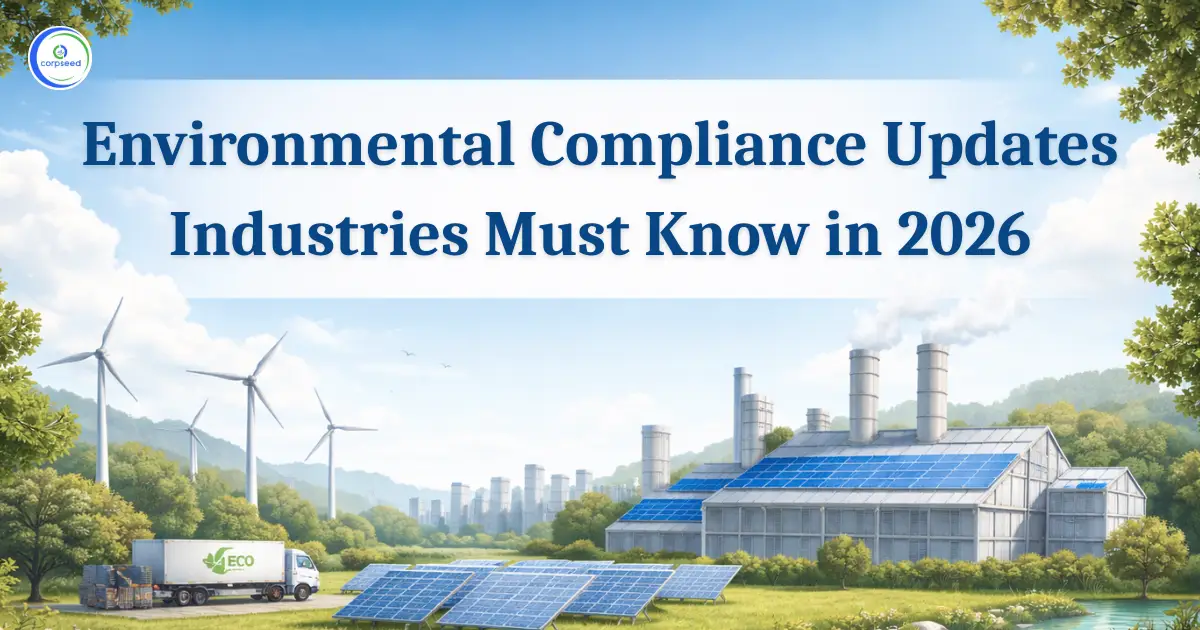
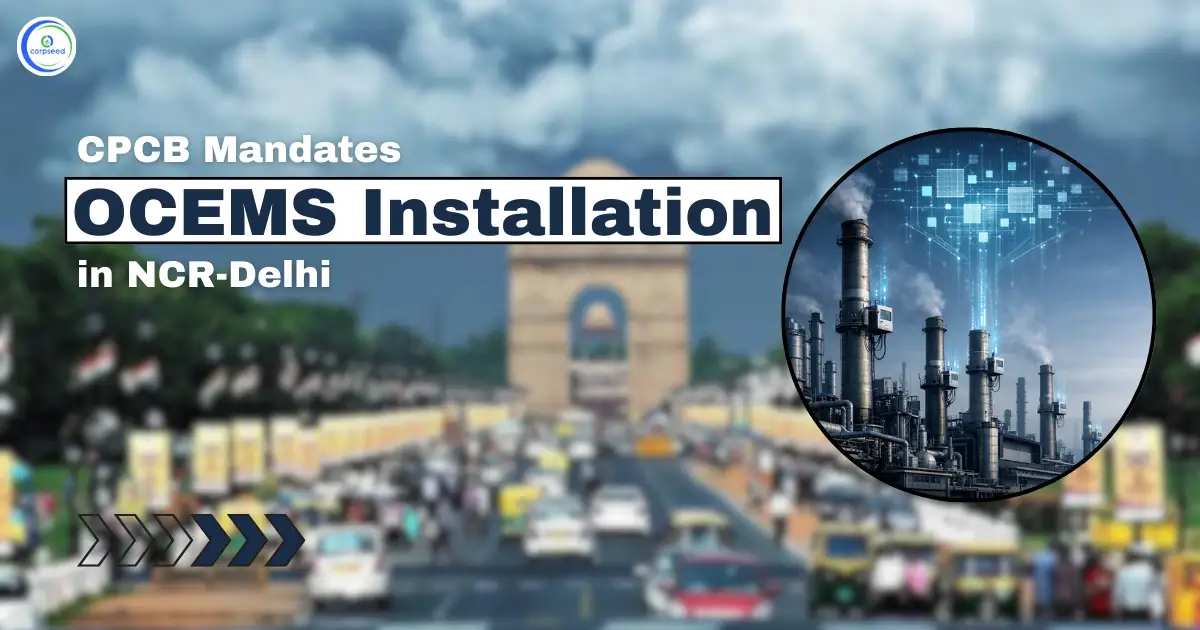
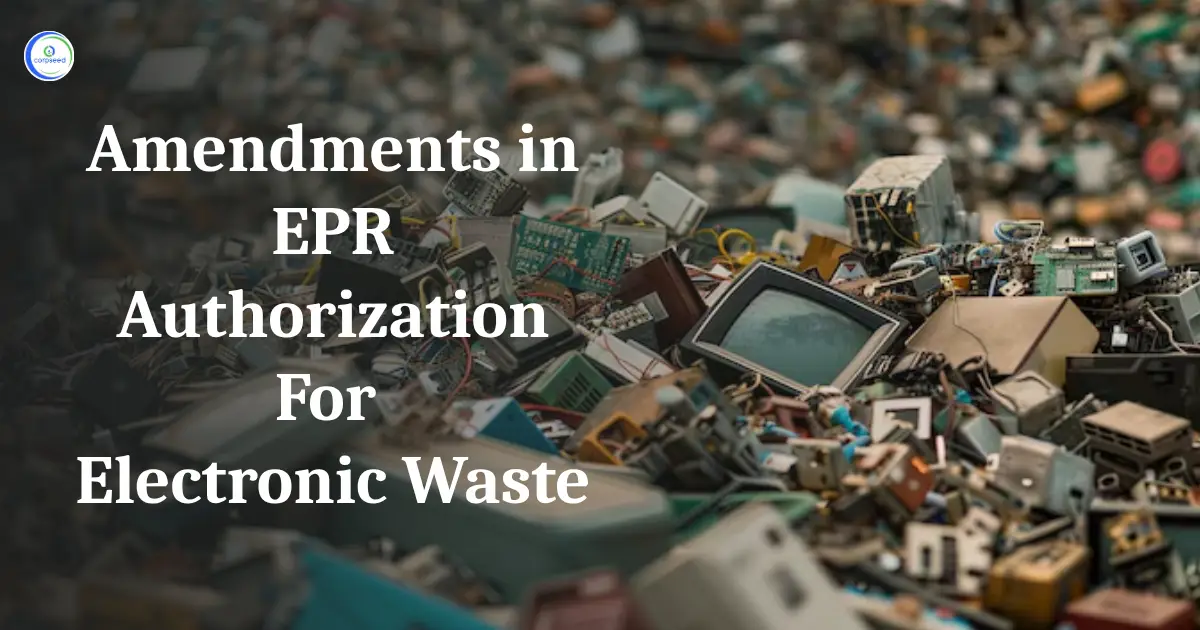
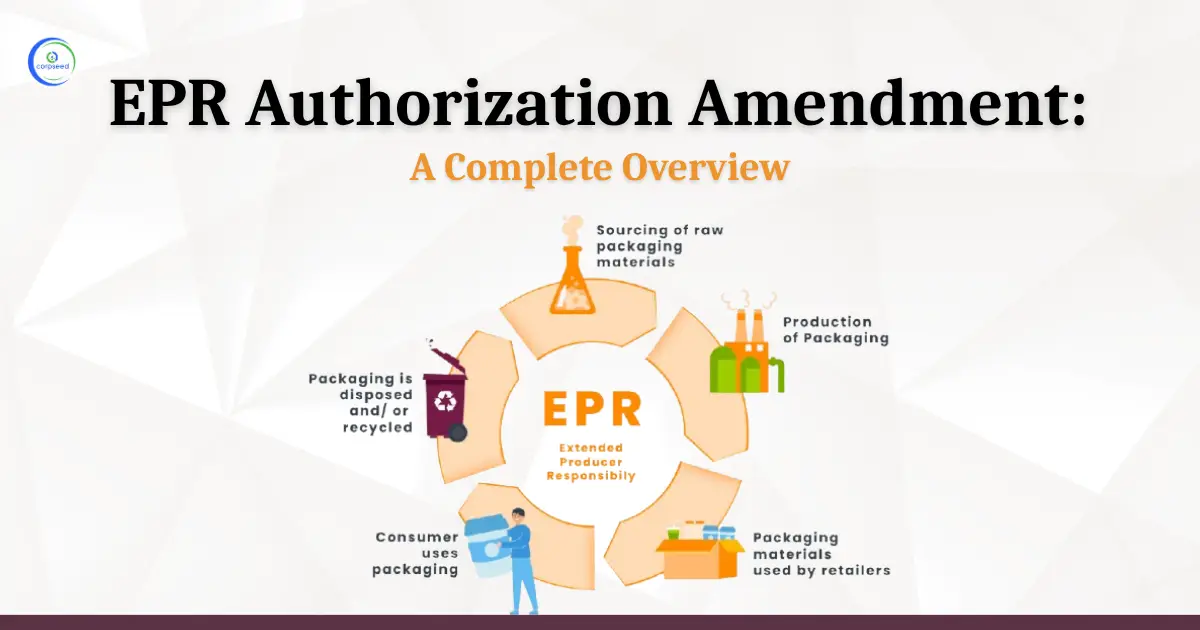
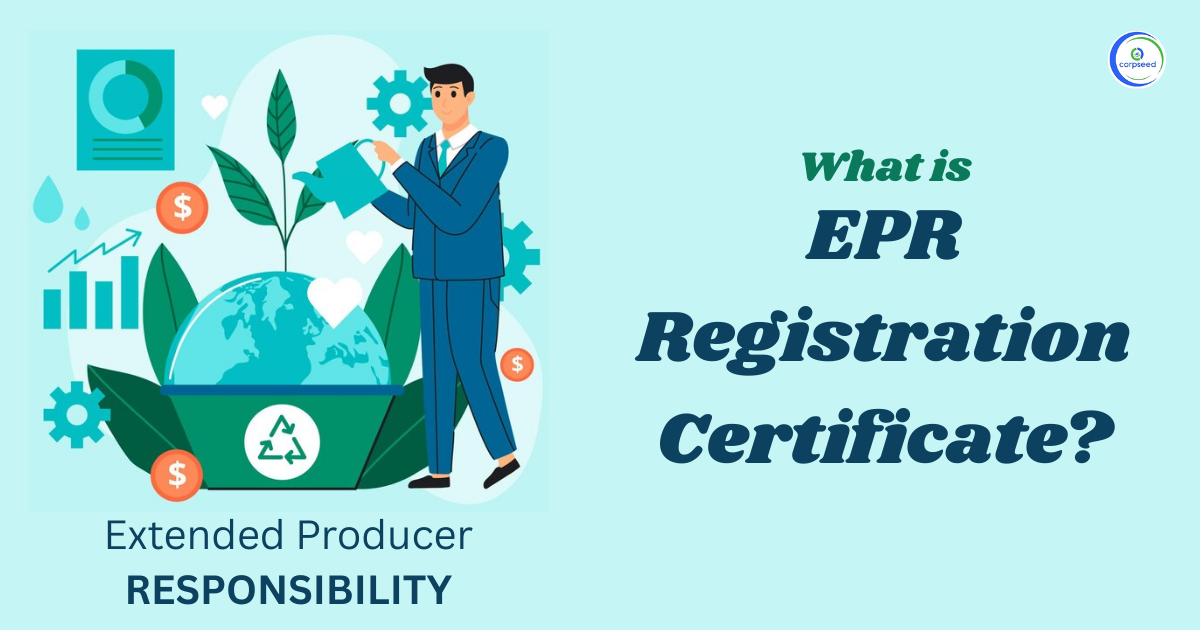
.webp)
